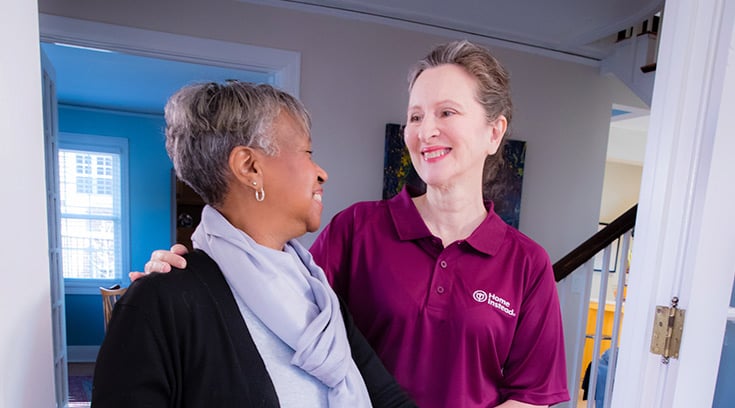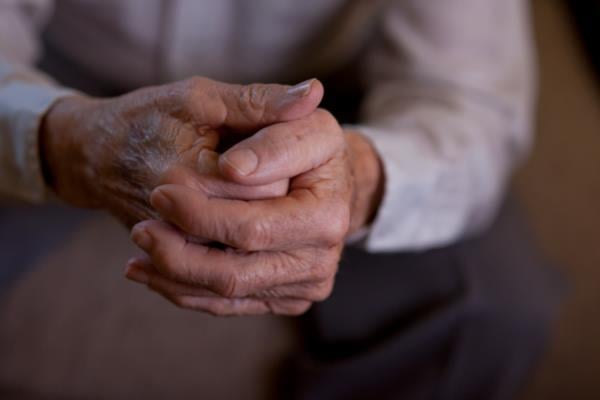Age-related hearing loss (presbycusis) is the loss of hearing that gradually occurs in most of us as we grow older. It is one of the most common conditions affecting older and elderly adults.
“I’ve noticed that an aging family member is less likely to engage in conversation if there is a large group at the table, said Home Instead® Gerontologist and Caregiver Advocate Lakelyn Hogan Eichenberger, PhD. “I make a point to talk directly to her. It’s helpful. I’ve noticed if there are a lot of kids around she will leave the room and go to a quieter area of the house. It seems to be sensory overload.”
Impact of Hearing Loss:
- Approximately one in three people in the United States between the ages of 65 and 74 has hearing loss, and nearly half of those older than 75 have difficulty hearing.
- Having trouble hearing can make it hard to understand and follow a doctor’s advice, respond to warnings, and hear phones, doorbells, and smoke alarms.
There are many causes of age-related hearing loss. Most commonly, it arises from changes in the inner ear as we age, but it can also result from changes in the middle ear, or from complex changes along the nerve pathways from the ear to the brain. Certain medical conditions and medications may also play a role.
The risks of Hearing Loss:
If left untreated, hearing loss can have other negative social and health impacts that go beyond the hearing impairment itself and include reduced quality of life and well-being, according to Hear Net Online:
- Potential health impacts from hearing loss can include headaches, muscle tension, and increased stress and blood pressure levels.
- Some studies have linked untreated hearing loss in adults to depression, fatigue, social withdrawal and impaired memory.
Practical tips for hearing loss:
“Wear ear plugs and head phones for sounds; watch weight, blood pressure and blood sugar levels; and have ears checked for wax build up,” explained Eichenberger.
Following these tips from the National Institute on Aging can also help:
- Ask people to face you and to speak more slowly and clearly. Also, ask them to speak louder without shouting.
- Pay attention to what is being said and to facial expressions or gestures.
- Let the person talking know if you do not understand what he or she said.
- Find a good location to listen. Place yourself between the speaker and sources of noise and look for quieter places to talk.
Solutions for hearing loss:
There is hope on the horizon for hearing loss. Research has revealed benefits of low-level laser to potentially help heal cochlear hairs and even improve tinnitus. Advances also are being made in hearing aids.
Resources for those with hearing loss:
Consider seeing an otolaryngologist or “ear, nose and throat” doctor (ENT), depending on the cause and severity of hearing loss. Otolaryngologists are physicians who typically treat profound hearing loss where surgery or cochlear implants are required.
Help at home also can be a boost. Home Instead Care Professional Tracy deals with difficult situations in compassionate and common-sense ways, and draws on the ongoing Home Instead training she receives. Communication and patience are key, and there are usually a lot of smiles and laughter but no pressure. “Sometimes all the client needs is a hug,” Tracy explained. One client was deaf and non-verbal because of a stroke. “At first,” Tracy said, “I wondered how I could communicate with him. He reads lips, and I know a little sign language. We don’t need to talk to have fun. His smile warmed my heart. He was precious.”
Find out how another sensory loss – vision – can impact older adults and what you can do to help preserve the senses.
In-Home Care for Chronic Conditions





